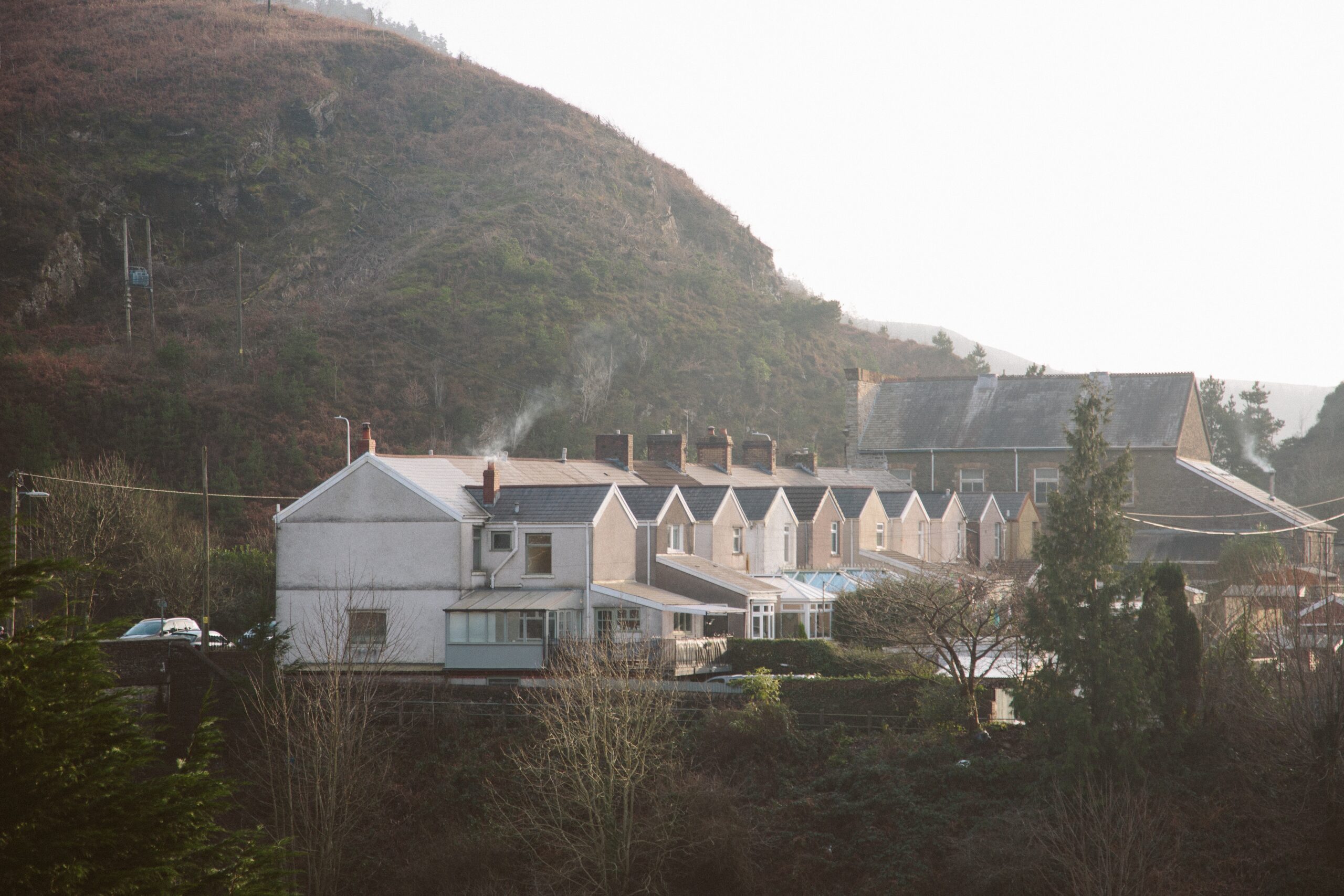This year, the Welsh Government is aiming to develop a framework for a Just Transition. We welcome the opportunity to contribute their Call for Evidence.
At Regen, we are placing a Just Transition at the forefront of our thinking. See Regen’s response to Call for Evidence on this below.

